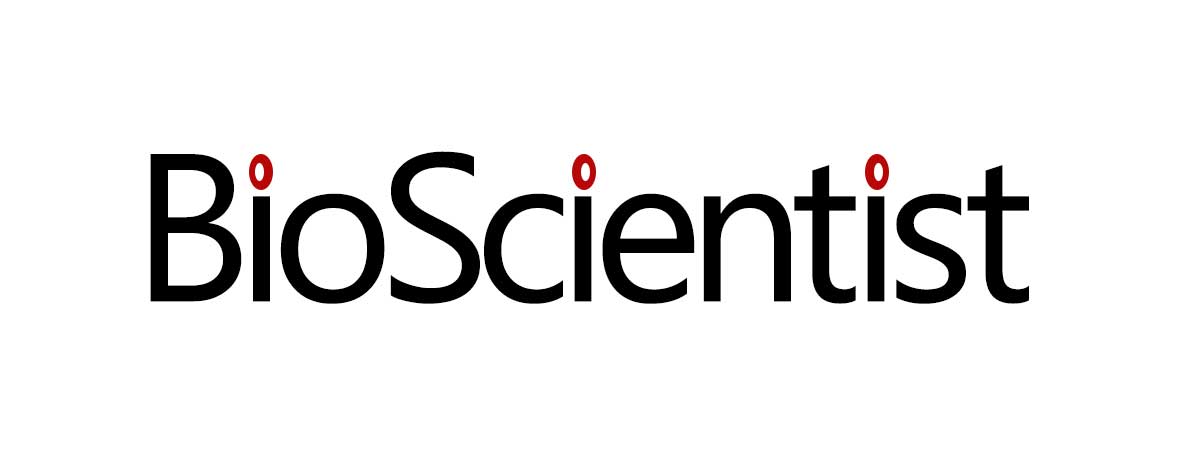Throughout my final year as a biomedical science student at the University of Salford, I found myself exploring not just scientific content, but also the ways we learn and absorb academic material.
My dissertation, “Can a NotebookLM’s AI-Generated Podcast Be Used as a Learning Method” , focused on evaluating the effectiveness of NotebookLM, a new AI-powered tool developed by Google, which transforms almost any research material into engaging, casual audio-based podcast dialogues between two AI voices. What drew me to this tool was that it offered something different from traditional note-taking or generative AI tools.
With its Audio Overview feature, NotebookLM allowed me to hear scientific articles, research papers, YouTube links, Google Slides, and PDF documents as conversations between the two AI voices.
This shifted my learning experience from passive reading to active listening, helping me retain complex information more effectively.
The project examined how this format could benefit students, particularly in biomedicine, where dense material often becomes overwhelming.
As part of my methodology, I gathered feedback from students at the University of Salford across different fields, including biomedical science, who tested the audio learning feature and compared their experiences with traditional study methods, such as reading.
The results were promising; many students found the conversational tone of the AI voices engaging and easier to digest, especially during multitasking or revision periods.
The next natural step was to document this process and reflect on how tools like NotebookLM might fit into the future of academic learning.
Rather than replacing traditional methods, this technology adds an additional layer of accessibility, particularly for students with different learning preferences (auditory learning) or for students with disabilities or limited access.
This dissertation has been both a research project and a personal experiment in reshaping how I learn.
It has shown me that academic engagement doesn’t have to be confined to written pages or maps; sometimes, it can sound like a casual and fun conversation.
